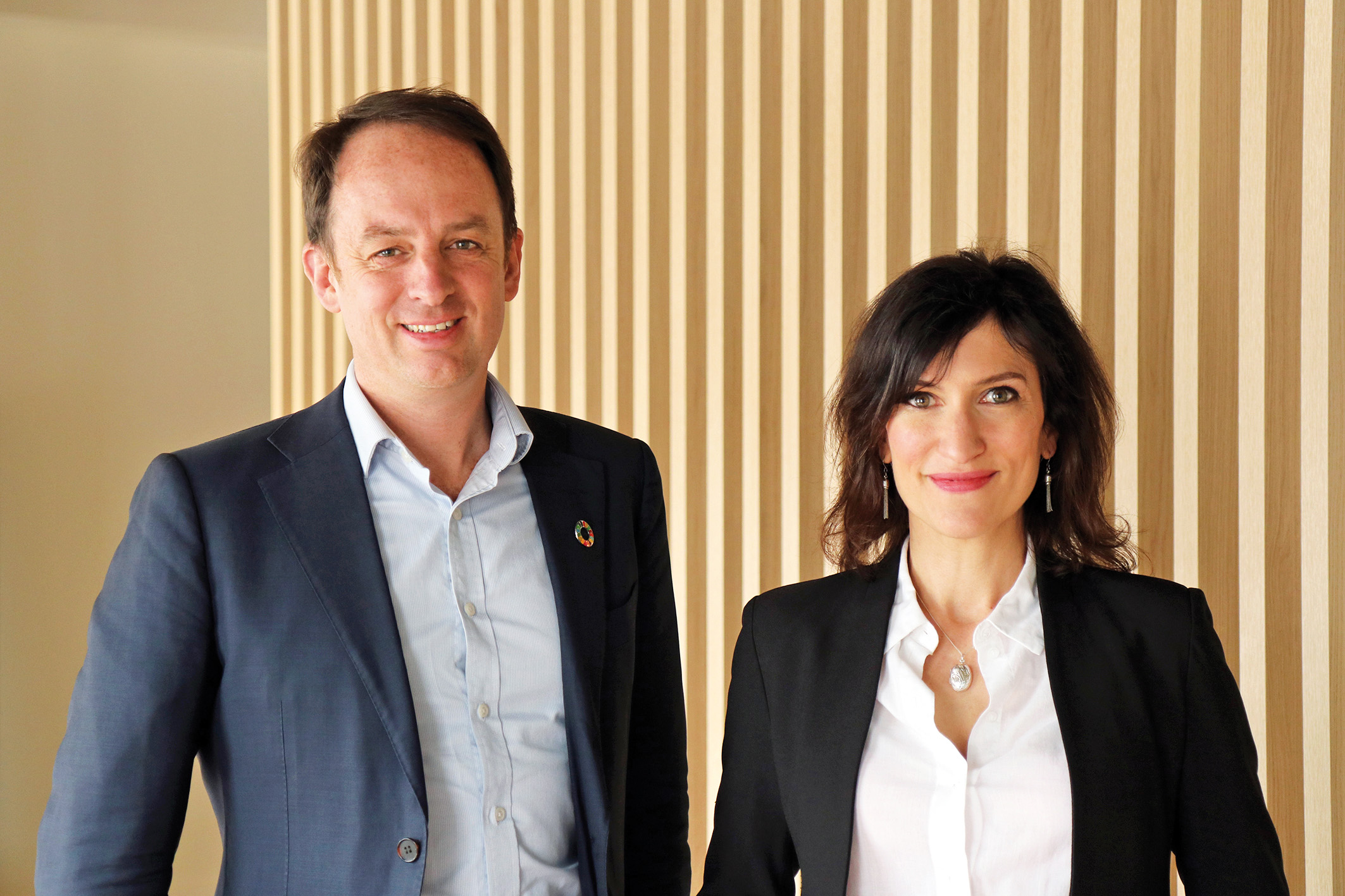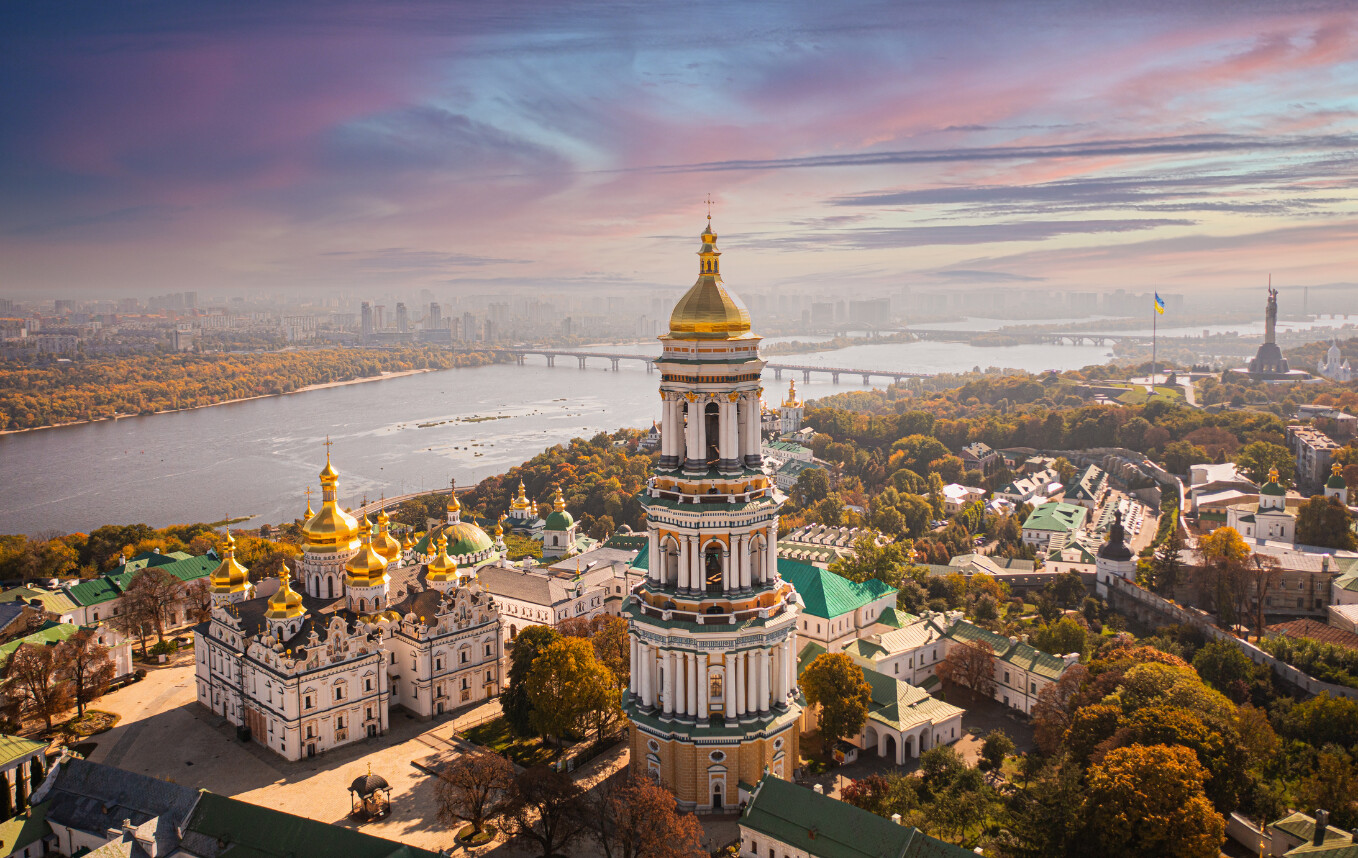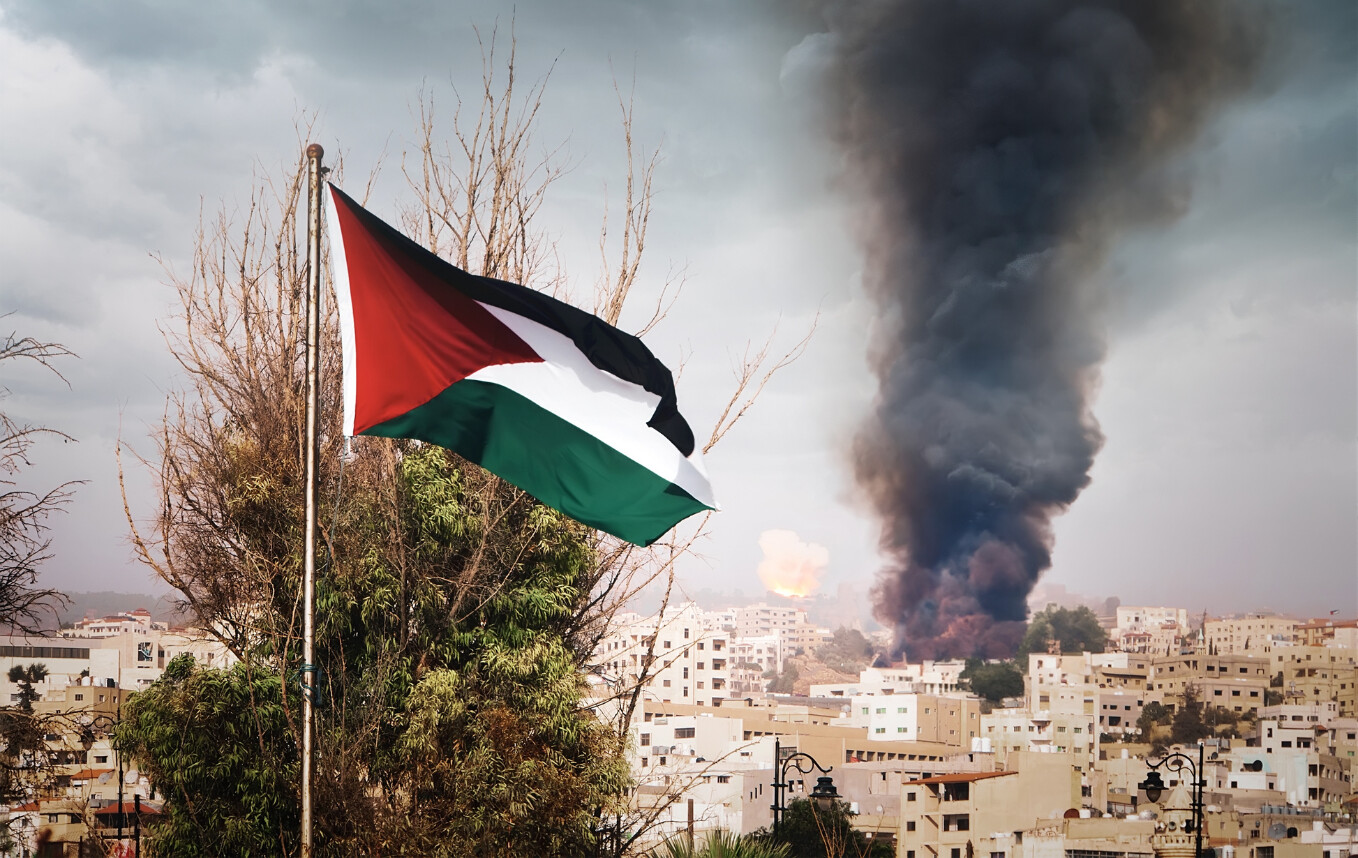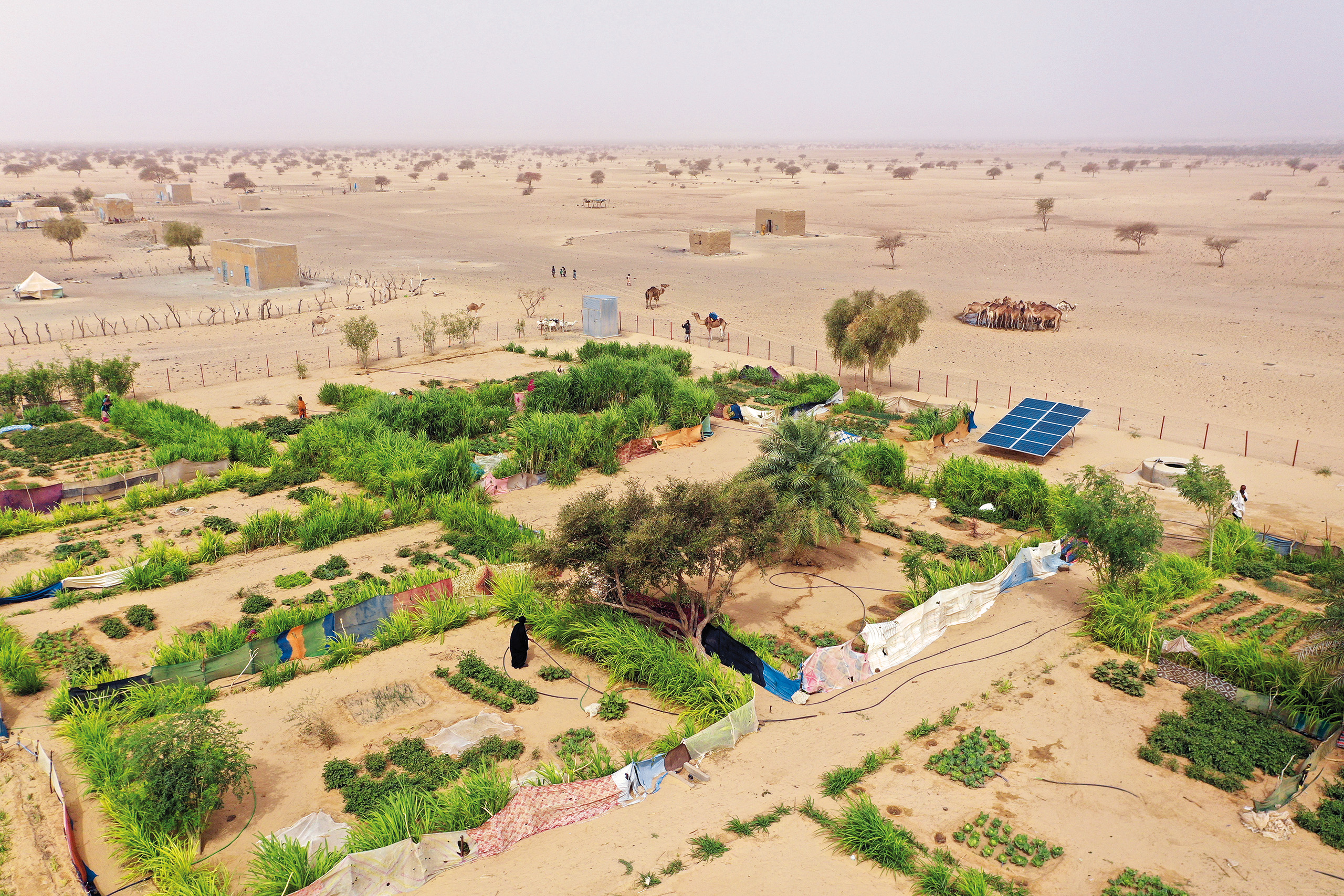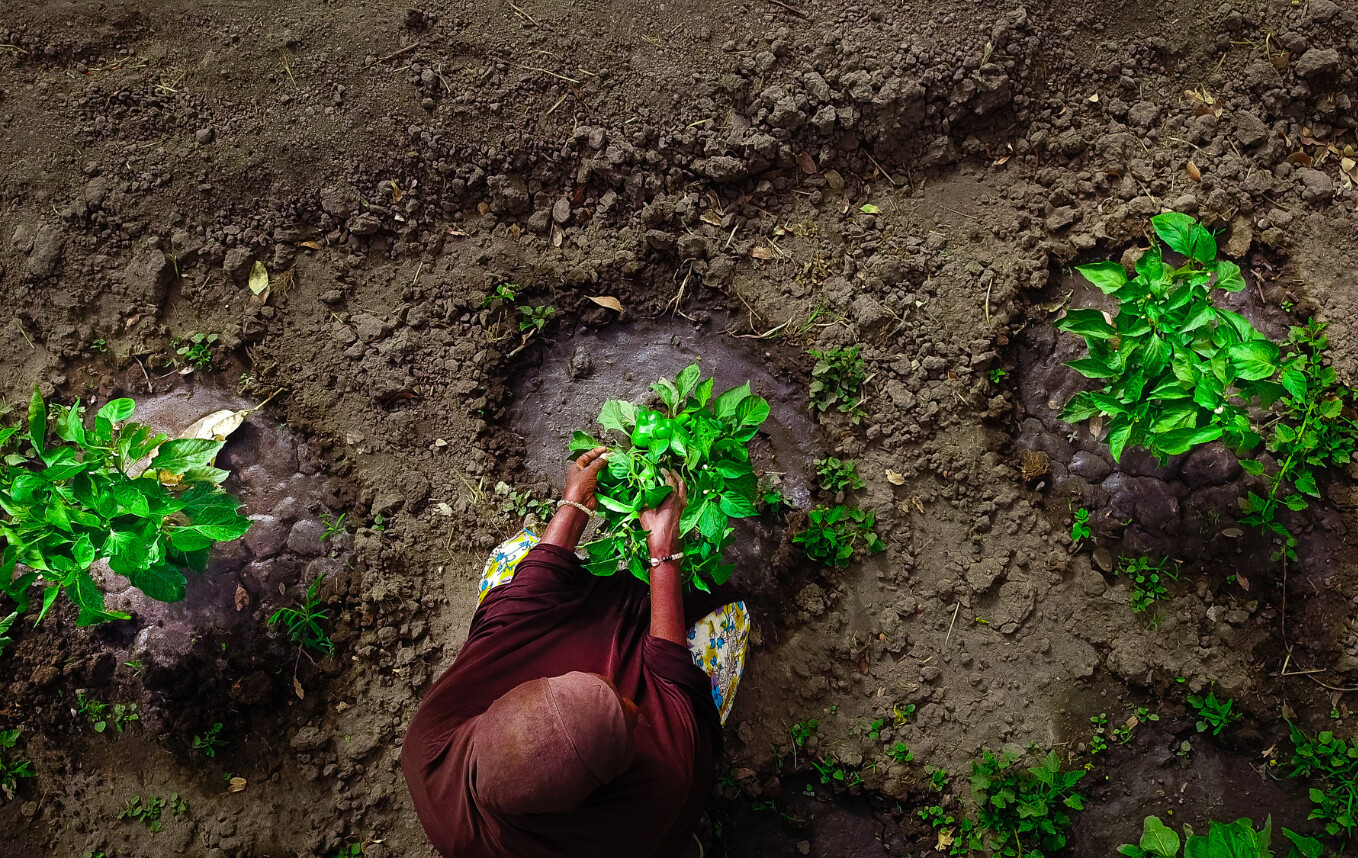Activity report 2021/2022 – Foreword
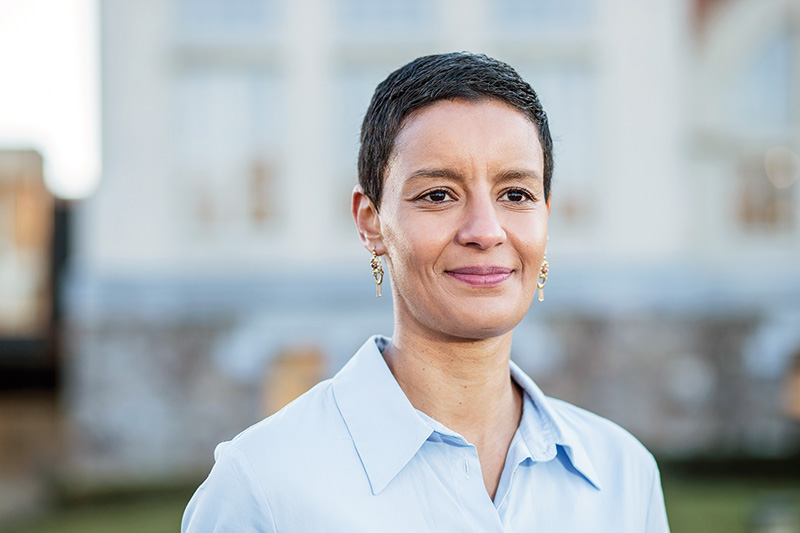
Every day, development cooperation workers make international solidarity possible and give people the means to stand up and build a future for themselves. Such is our mission.
We must work together across borders as partners. Not for charity, but because we have the same challenges and all live together on the same planet. More than ever, we realise that people are connected globally. No matter who or where, the challenges and the dreams are often the same. So are the concerns.
Indeed, in times of uncertainty, solidarity is always the solution. This is the positive thing we should remember of corona times: We have managed this pandemic by working together across borders. Last winter’s Omicron variant taught us a harsh lesson: Global challenges cannot be solved nationally. We will not be safe until everyone is safe.
Unfortunately, we are not there yet. Two years after the outbreak of the pandemic, today more than 85% of the people in Africa are still not fully vaccinated. But we are making progress and I am proud that within Europe Belgium is playing a leading role in accelerating access to vaccines worldwide. Together with the World Health Organisation, we invested in South African scientific research that led to the unravelling of the mRNA code of the corona vaccine. This is a real breakthrough for global health. Not only to accelerate the local production of corona vaccines, but also in the long-term fight against infectious diseases. That is exactly what development cooperation should be for me: not charity, but providing tools to sustainably strengthen countries and people worldwide.
‘For the first time, we have launched a climate programme in the Sahel region that no longer invests in each partner country individually, but rather focuses on a global approach.’
After all, the willingness to make a difference is strong. Young people no longer shy away from the greatest challenges of the century because they know they are not alone. Every action matters. The climate marches of young people all over the world started because today we are in touch with each other at all times. They made it clear to the world that it is more than ever time to join forces. Climate change requires a common international solidarity approach.
For the first time, therefore, we have launched a climate programme in the Sahel region that no longer invests in each partner country individually, but rather focuses on a global approach. Both at the Glasgow COP26 and in the Sahel region, young people gave me the same message: We must act now, to secure the future. Young people realise better than anyone else that extreme droughts in countries such as Burkina Faso and Senegal are jeopardising future dreams of the local population but are also having an impact elsewhere.
Looking back at the past year, one cannot, unfortunately, avoid gloom. The human suffering caused by conflict is unseen. The war in Ukraine is the latest on a list of humanitarian crises. Millions of people are currently fleeing Ukraine for Europe, while needs are also high in Afghanistan and hunger is ruthlessly spreading in Yemen. With our humanitarian partners, we are doing all we can to get aid to the people as quickly as possible, wherever it is needed.
In recent weeks we have seen that Belgian solidarity is powerful and help goes strong. In the coming months and years, we will resolutely extend this wave of solidarity to all people in need, all over the world. For those fleeing war must be helped. Without distinction of origin, religion, colour or gender. All refugees are human beings.

